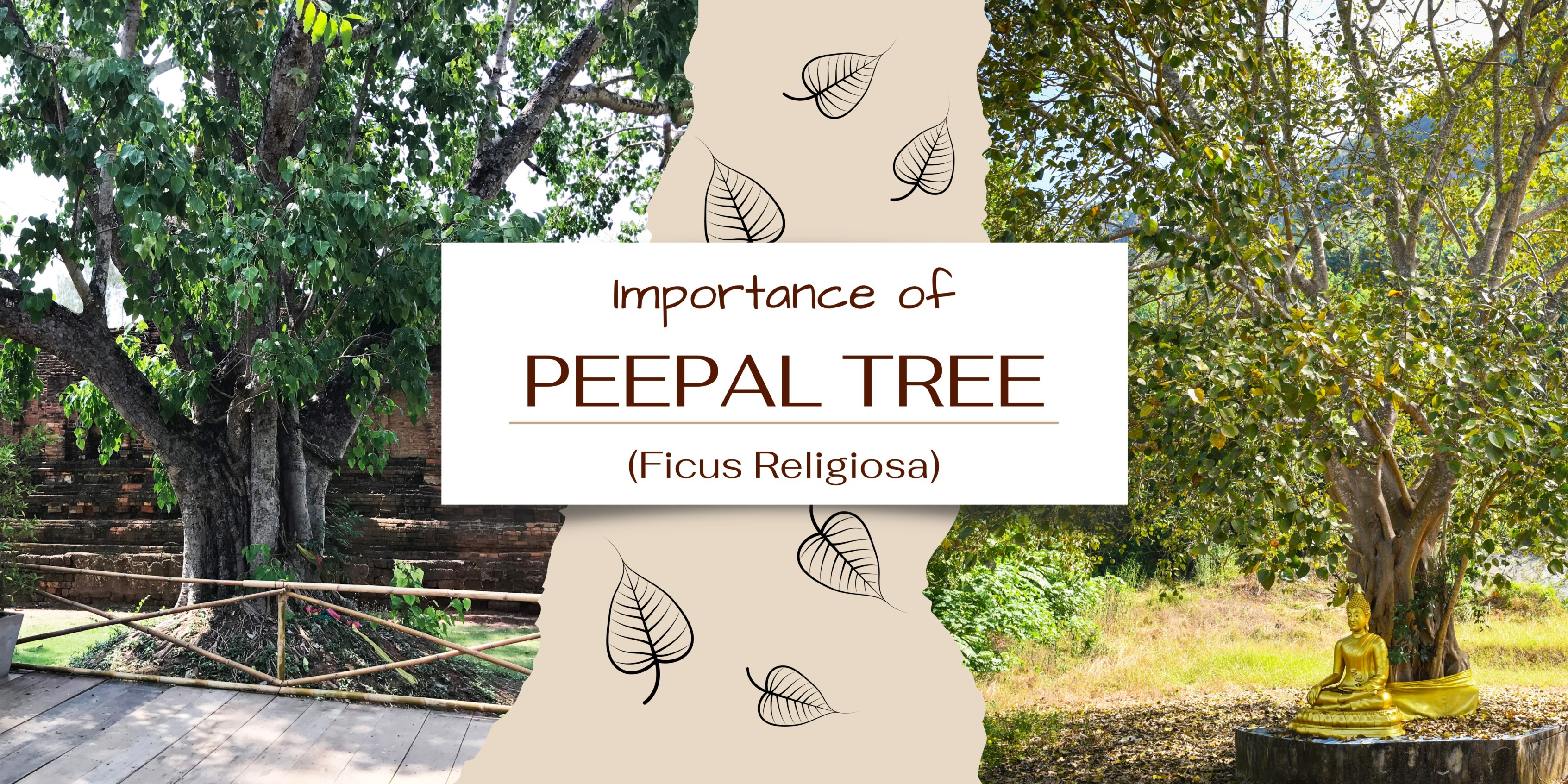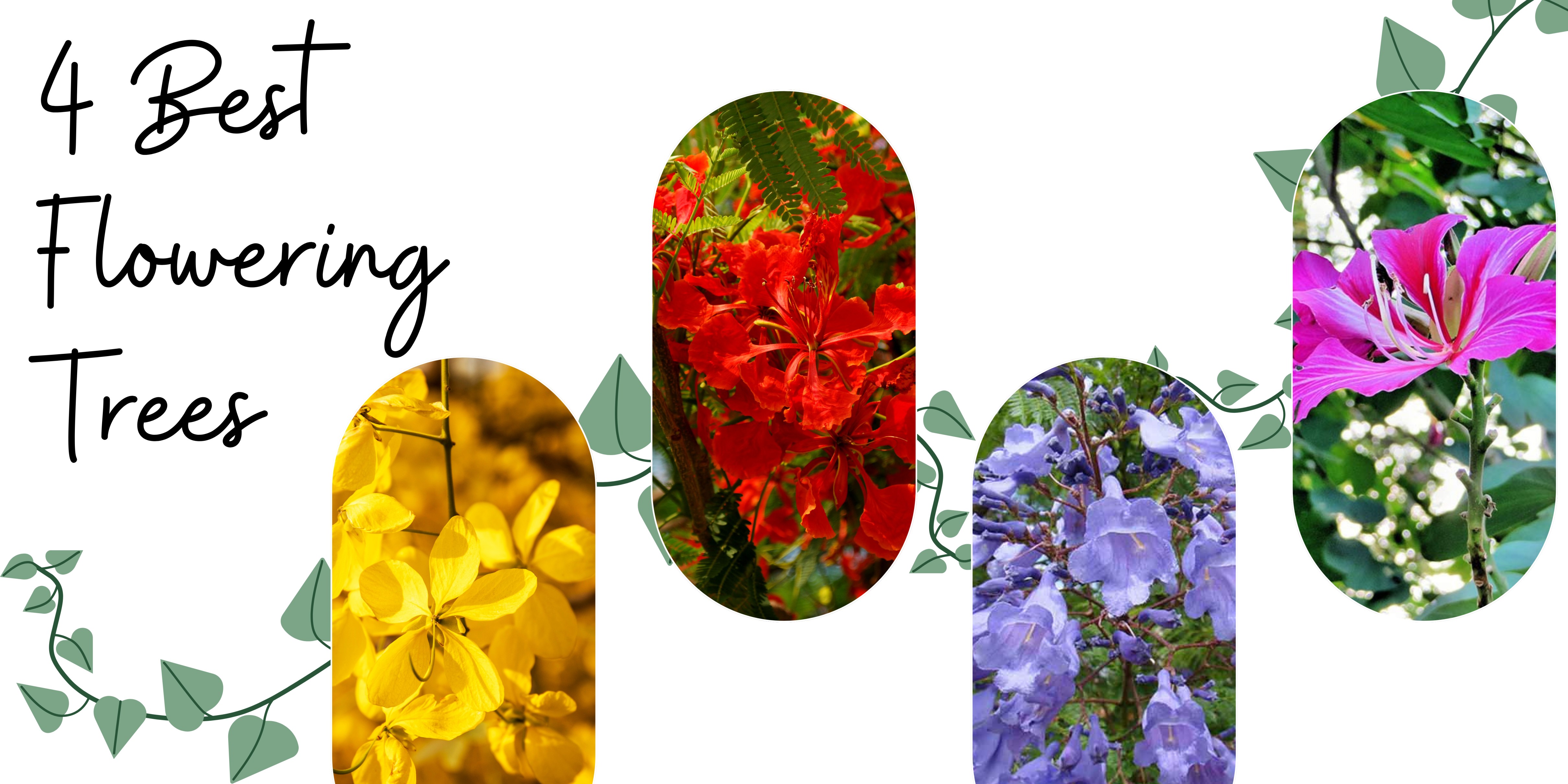
India, a nation rich in culture, mythology, and history, has a special affinity with the natural world. The Peepal tree also referred to as Ficus religiosa, is one of the most sacred trees in religions like Hinduism, Buddhism, and Jainism. It is considered to be a symbol of longevity, wisdom, and protection.
The veneration for the Peepal tree (Ficus religiosa) is one of the clearest examples of how nature is deeply ingrained in Indian culture and spirituality. The Peepal is a venerated species of fig tree that plays a significant role in India's ecological, cultural, and spiritual landscapes.
Let's dive deep into the importance of Peepal Tree through the below-mentioned points.
The Peepal Tree: A Foundational Ecological Tree
The peepal tree is a large evergreen tree with a deep root system and a wide canopy. It is a keystone species that is essential to preserving the ecosystem's biodiversity. One of the most important benefits of the Peepal tree is that it provides a home for a variety of birds, insects, and small animals. The tree provides shade and is an excellent habitat for birds and other animals. The Peepal also produces a significant quantity of oxygen during the day, making it an essential component of urban landscapes for reducing pollution and fostering healthier ecosystems.
Indian Culture's Holiest Symbol
The importance of Peepal tree goes far beyond its ecological value. In Indian mythology and religious practices, it holds a special place. In the Hindu religion, it is frequently venerated and connected to the trinity Gods Brahma, Vishnu, and Shiva. The tree, which represents life, wealth, and fertility, is thought to be Vishnu's dwelling place. It's usual to see trees decorated with thread, idols, and representations of gods during religious celebrations that honour the peepal tree. The peepal tree is revered by Buddhists as well. Peepal trees, also known as Bodhi trees, are important symbols in Buddhism since it is popularly held that Gautama Buddha gained enlightenment under one. The famous Bodhi tree at Bodh Gaya, Bihar, is revered by pilgrims from all over the world, making it a significant cultural and religious monument.
The Peepal Tree's Medicinal Value
The leaves and bark of the Peepal tree is used to make medicines since ancient times under Ayurveda, the traditional medical system of India. It is well known that the tree has analgesic, anti-inflammatory, and anti-microbial effects. The leaves of the Peepal tree have medicinal properties and are used in Ayurvedic medicines to treat various ailments such as asthma, diabetes, and skin diseases. One of the most common uses of Peepal leaves is to treat digestive issues. The leaves have been shown to help with constipation, diarrhea, and other gastrointestinal problems. The bark of the tree is also used to treat dysentery and other gastrointestinal disorders.
A Representation of Sustainability
Peepal tree also holds environmental significance. It is known to have a deep-rooting system that helps in soil conservation and preventing soil erosion. The peepal tree represents sustainability at a time when the globe is struggling with climate change and environmental damage. It is a compelling symbol and useful weapon in the struggle against environmental problems due to its capacity to thrive in difficult circumstances, its role in preserving biodiversity, and its improvement of air quality. Peepal tree is an important part of many ecosystems and plays a vital role in producing oxygen and supporting the health of the environment.
Most Oxygen-producing Tree
One of the main benefits of the Peepal tree is that it is one of the most oxygen-producing trees in the world and is known for its ability to purify the air. One mature Peepal tree can produce oxygen for up to 9-10 people in a day. Additionally, Peepal trees can also help in reducing air pollution by absorbing pollutants from the air.
To conclude, Peepal tree holds great spiritual and environmental importance and hence it is referred to as the sacred tree. The Peepal tree is a complete ecosystem in itself and is one of the most important trees in the world.
Liked It? Pint It!

.png)

















































